Description
“Sucheta Kripalani: Her Contribution to Political, Economic and Social Development” is a comprehensive and insightful biography written by Ranjana Arora and Verinder Grover. The book explores the life and accomplishments of Sucheta Kripalani, a prominent Indian politician and freedom fighter who played a crucial role in shaping the political, economic, and social landscape of India. With meticulous research and compelling storytelling, the authors shed light on Kripalani’s remarkable journey, her significant contributions, and the challenges she faced along the way. This biography not only presents a captivating account of Kripalani’s life but also provides a broader understanding of India’s socio-political context during her time.
In this book, Arora and Grover offer a detailed examination of Sucheta Kripalani’s political career, her tireless efforts towards economic development, and her commitment to social causes. They delve into her early life, upbringing, and the experiences that shaped her worldview. The authors masterfully weave together historical events and personal anecdotes, creating a vivid narrative that transports readers to the tumultuous era of India’s struggle for independence and its subsequent nation-building phase.
The book serves as an authoritative source of information about Kripalani’s political ideology, her role in the Indian National Congress, and her contributions as a social reformer. Arora and Grover employ a balanced approach, presenting the strengths and weaknesses of Kripalani’s leadership style and decision-making process. They explore her role in the fight for women’s rights, the challenges she faced in a male-dominated political sphere, and her advocacy for marginalized communities.
In the first section of the book, Arora and Grover provide a comprehensive overview of Sucheta Kripalani’s early life, tracing her roots and upbringing. They highlight her family background, education, and the influential figures who shaped her political beliefs. This section allows readers to understand the factors that motivated Kripalani’s entry into politics and her commitment to social causes.
The subsequent chapters focus on Kripalani’s involvement in the freedom struggle against British colonial rule. Arora and Grover meticulously document her role in various movements, such as the Quit India Movement, and her experiences of imprisonment and activism. These chapters provide an insightful glimpse into the challenges faced by freedom fighters and the indomitable spirit that fueled their struggle.
The book then delves into Kripalani’s post-independence political career, exploring her role as a member of the Constituent Assembly and her subsequent positions within the Indian National Congress. Arora and Grover shed light on Kripalani’s policies and initiatives aimed at fostering economic development, including her work in the field of cooperatives and agriculture. The authors highlight Kripalani’s commitment to alleviating poverty and empowering marginalized communities through economic reforms.
Arora and Grover’s biography of Sucheta Kripalani is a commendable piece of scholarship that offers a thorough and nuanced analysis of her contributions to political, economic, and social development. The author’s extensive research is evident throughout the book, with a wealth of primary and secondary sources cited. They present a well-rounded portrayal of Kripalani, capturing both her accomplishments and the complexities of her personality.
One of the book’s strengths is its exploration of Kripalani’s feminist perspective and her advocacy for women’s rights. Arora and Grover examine the challenges faced by Kripalani as a female leader in a male-dominated political landscape, shedding light on her determination to break barriers and create opportunities for women in Indian politics. This aspect of Kripalani’s life adds depth and richness to the narrative, making it an important contribution to the study of gender and politics in India.
Furthermore, the authors effectively contextualize Kripalani’s contributions within the broader socio-political and economic landscape of India during her time. They provide a comprehensive overview of the challenges faced by the newly independent nation and the various policies and reforms implemented to address them. This contextualization enhances the readers’ understanding of Kripalani’s decisions and the impact of her initiatives.
In comparison to other biographies on Indian political leaders, “Sucheta Kripalani: Her Contribution to Political, Economic and Social Development” stands out for its comprehensive scope and attention to detail. While there have been numerous biographies written about prominent figures like Jawaharlal Nehru, Mahatma Gandhi, and Indira Gandhi, Kripalani’s contributions have often been overlooked. Arora and Grover fill this gap by presenting a well-researched and comprehensive account of Kripalani’s life and achievements.
One of the prominent themes explored in the biography is the intersection of politics, gender, and social reform. Arora and Grover highlight Kripalani’s determination to challenge patriarchal norms and create space for women in Indian politics. They explore how her feminist perspective informed her policies and initiatives, making her a trailblazer for future generations of female leaders.
Another theme that emerges is the idea of inclusive development. Kripalani’s focus on economic reforms aimed at uplifting marginalized communities, improving agricultural practices, and promoting cooperative movements resonates with the broader goal of creating a more equitable society. Arora and Grover delve into the various initiatives undertaken by Kripalani and the challenges she faced in implementing them, shedding light on the complexities of development in post-independence India.
Arora and Grover provide a nuanced portrayal of Sucheta Kripalani, delving into her strengths, weaknesses, and the personal struggles she faced. They present her as a determined and principled leader, driven by a strong sense of justice and commitment to the welfare of the people. The authors also highlight her vulnerabilities and the sacrifices she made in her personal life for the sake of her political career.
About the Author:
Ranjana Arora and Verinder Grover, the authors of “Sucheta Kripalani: Her Contribution to Political, Economic and Social Development,” are esteemed scholars and researchers in the field of Indian history and politics. Arora has previously published works on gender and politics in India, while Grover has focused on Indian political leaders and their contributions. Their expertise and passion for the subject matter are evident in the meticulous research and nuanced analysis present in this biography.
Arora and Grover employ a clear and engaging writing style that effortlessly blends historical facts with personal anecdotes, creating a narrative that is both informative and captivating. They strike a balance between providing an academic analysis and telling a compelling story, making the book accessible to both scholars and general readers. The use of primary sources and extensive citations adds credibility to their work.
What People Say About This Book:
“Sucheta Kripalani: Her Contribution to Political, Economic and Social Development” has received widespread acclaim for its in-depth exploration of Kripalani’s life and contributions. Readers appreciate the meticulous research and attention to detail that Arora and Grover have employed in crafting this biography. The book has been commended for shedding light on an often-overlooked figure in Indian history and for its insightful analysis of the socio-political context of the time.
Some readers have praised the book’s focus on Kripalani’s feminist perspective and her role in advocating for women’s rights. The intersectional analysis of politics and gender has resonated with readers interested in the evolving role of women in Indian politics.
- Meticulously researched and comprehensive account of Sucheta Kripalani’s life and contributions.
- In-depth exploration of Kripalani’s feminist perspective and advocacy for women’s rights.
- Effective contextualization within the socio-political and economic landscape of India during her time.
- Nuanced portrayal of Kripalani’s strengths, weaknesses, and personal struggles.
- Engaging writing style that combines historical analysis with personal anecdotes.


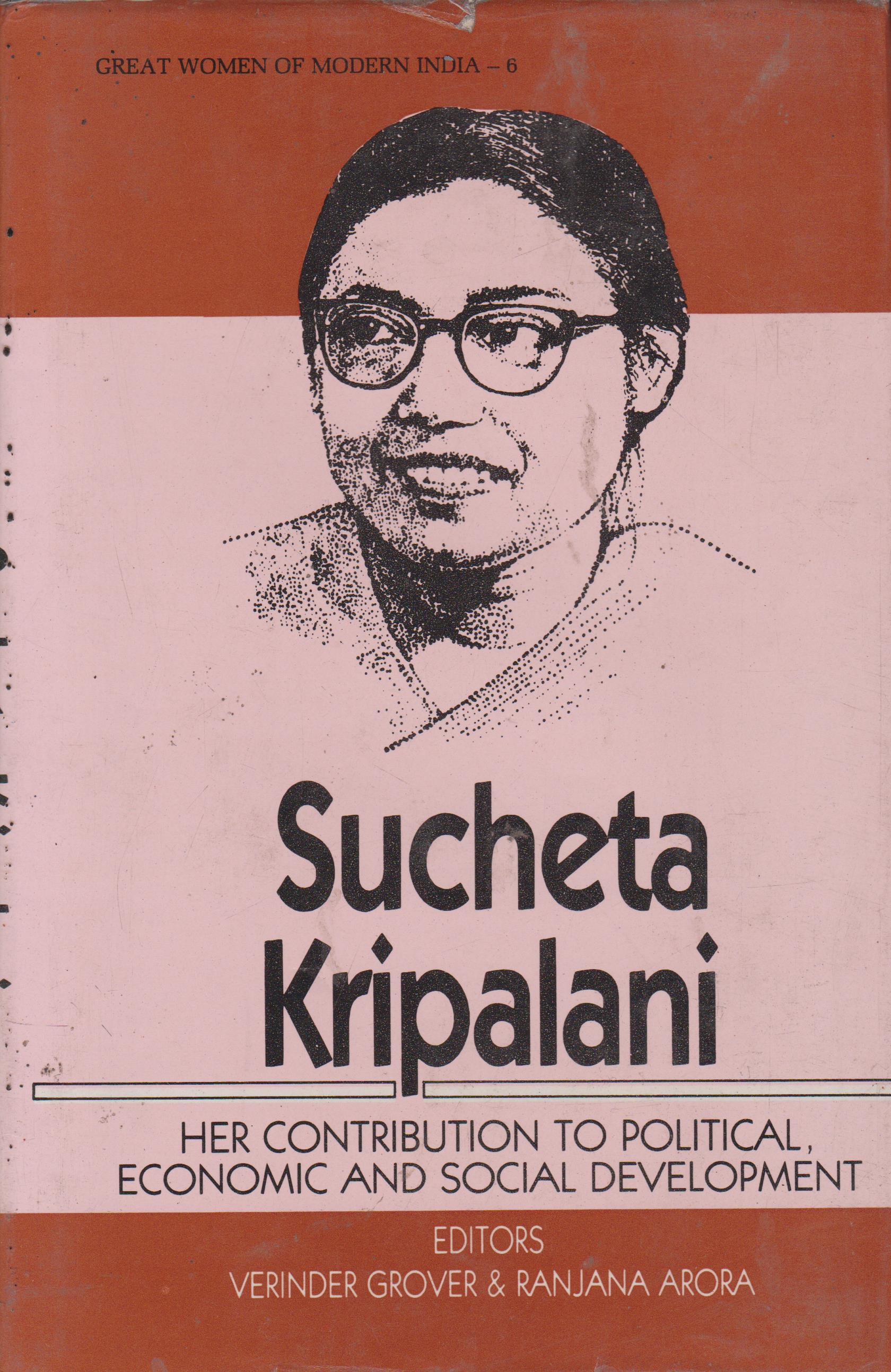
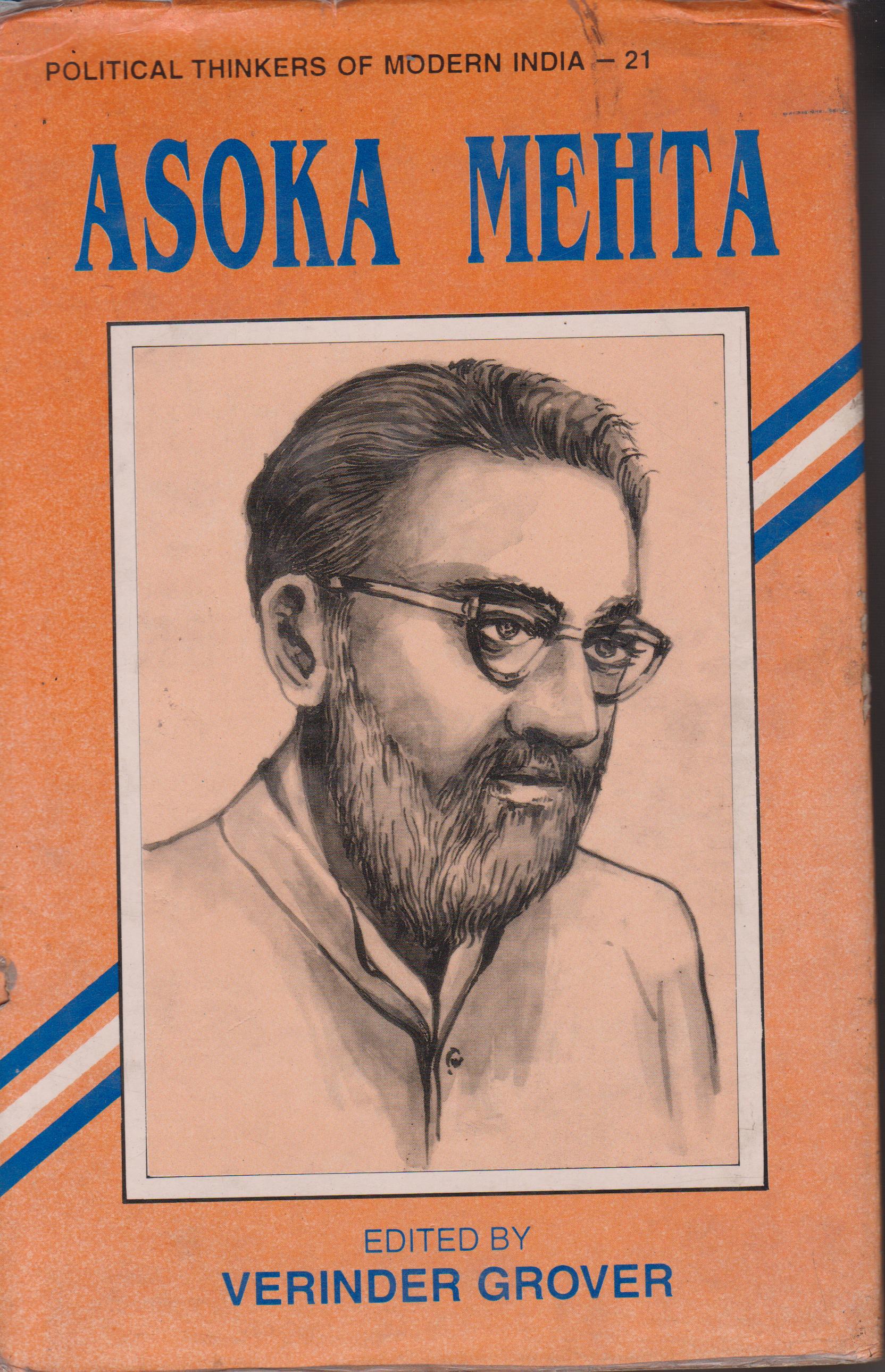
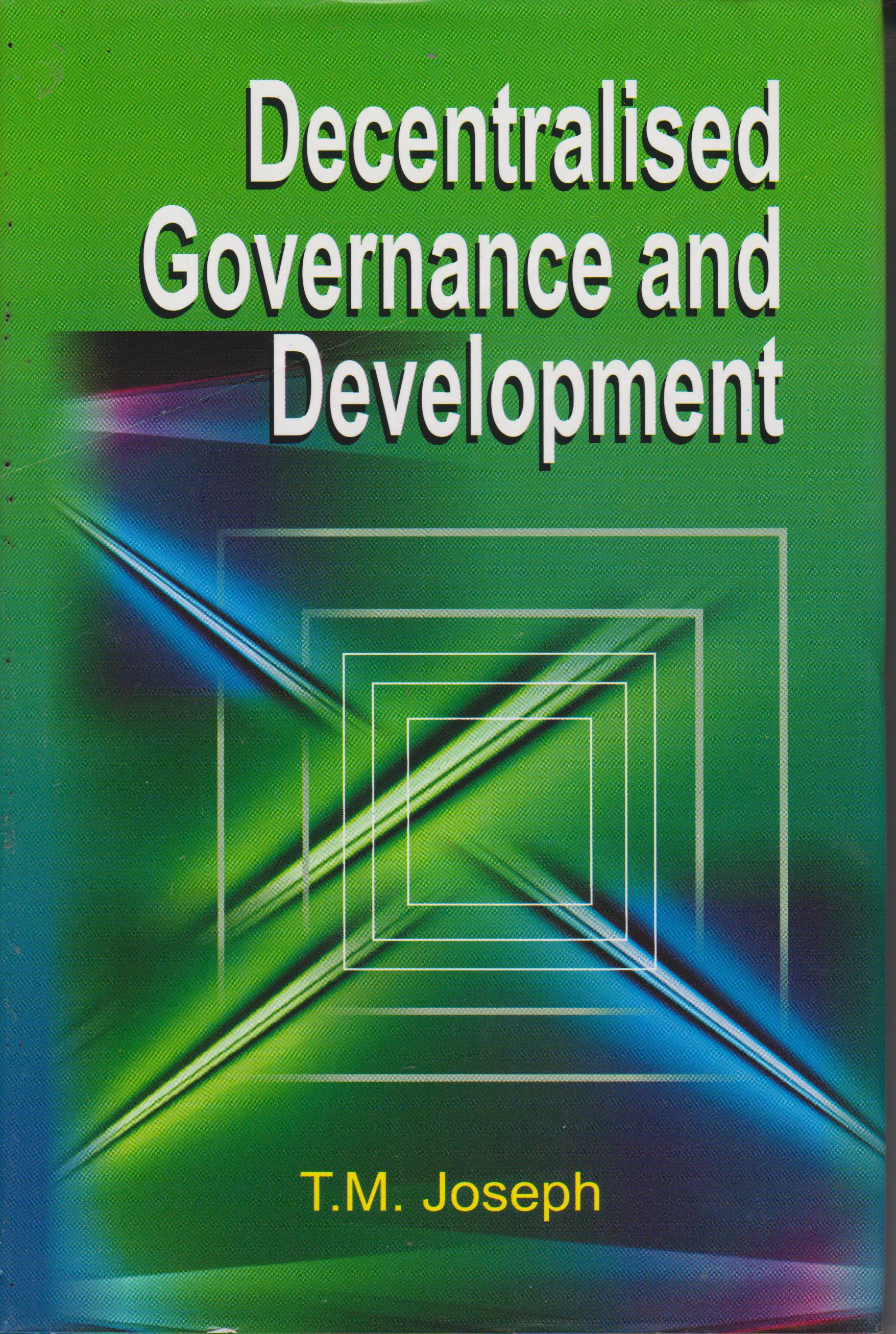

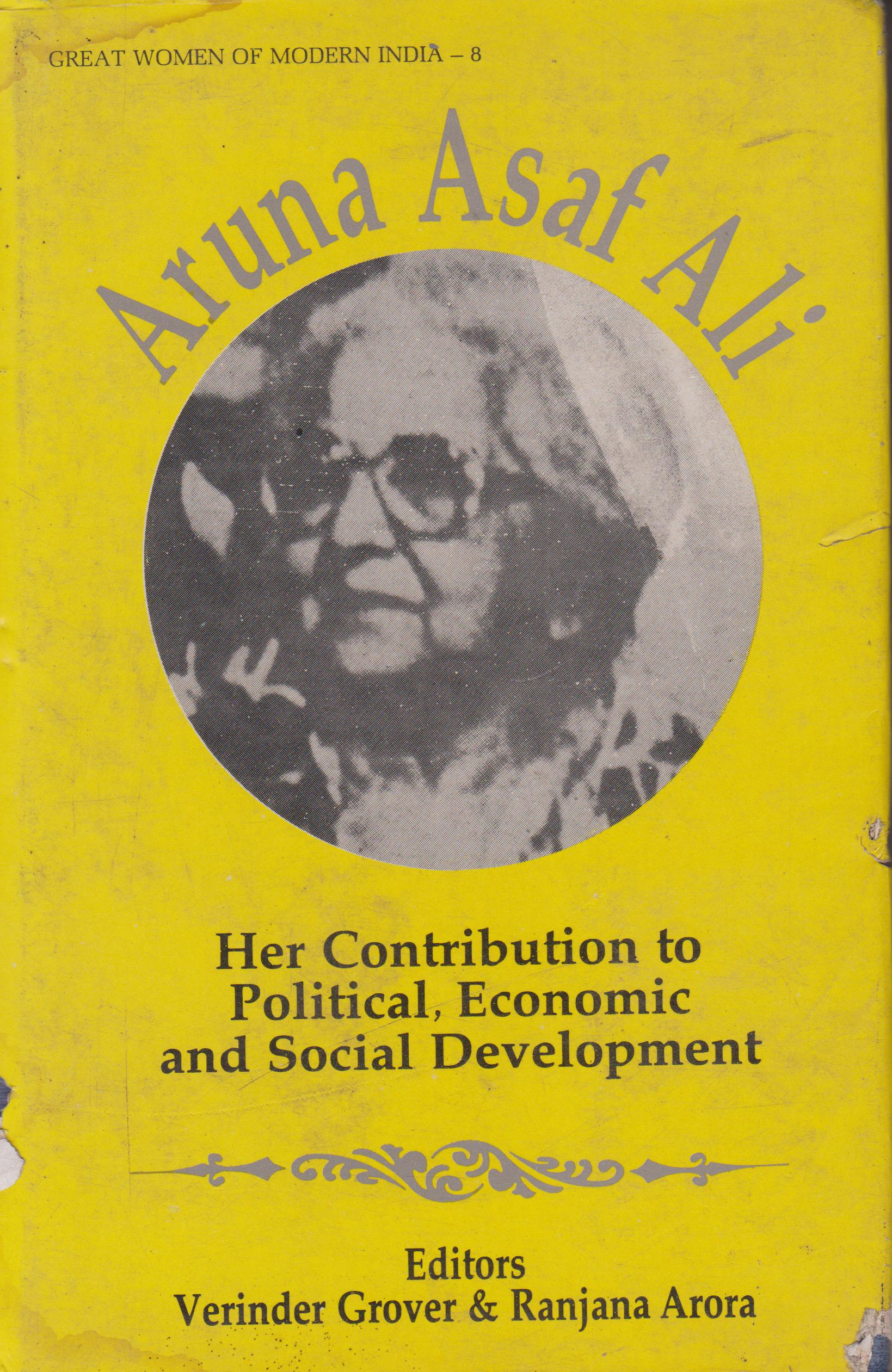

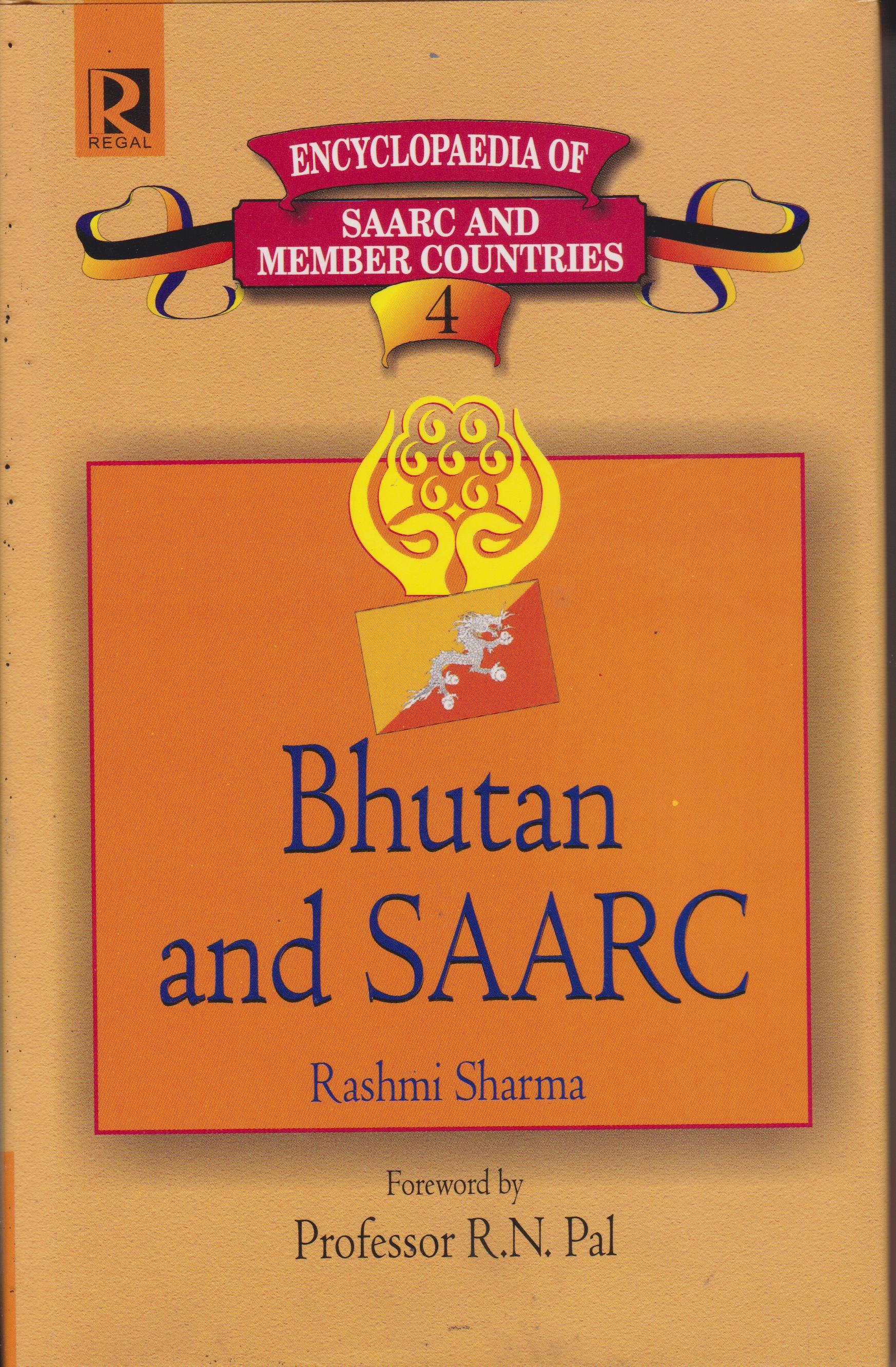
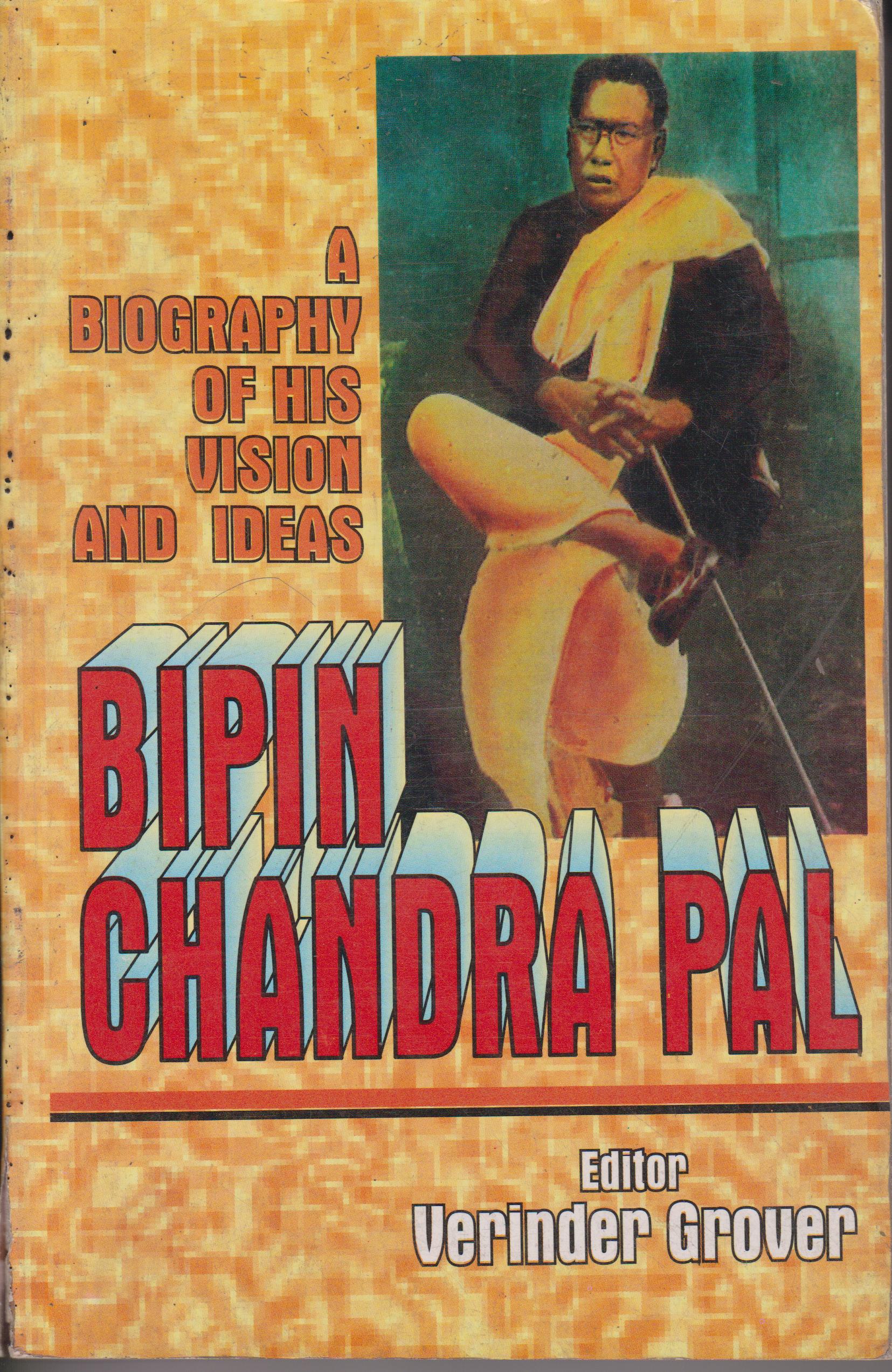
Reviews
There are no reviews yet.